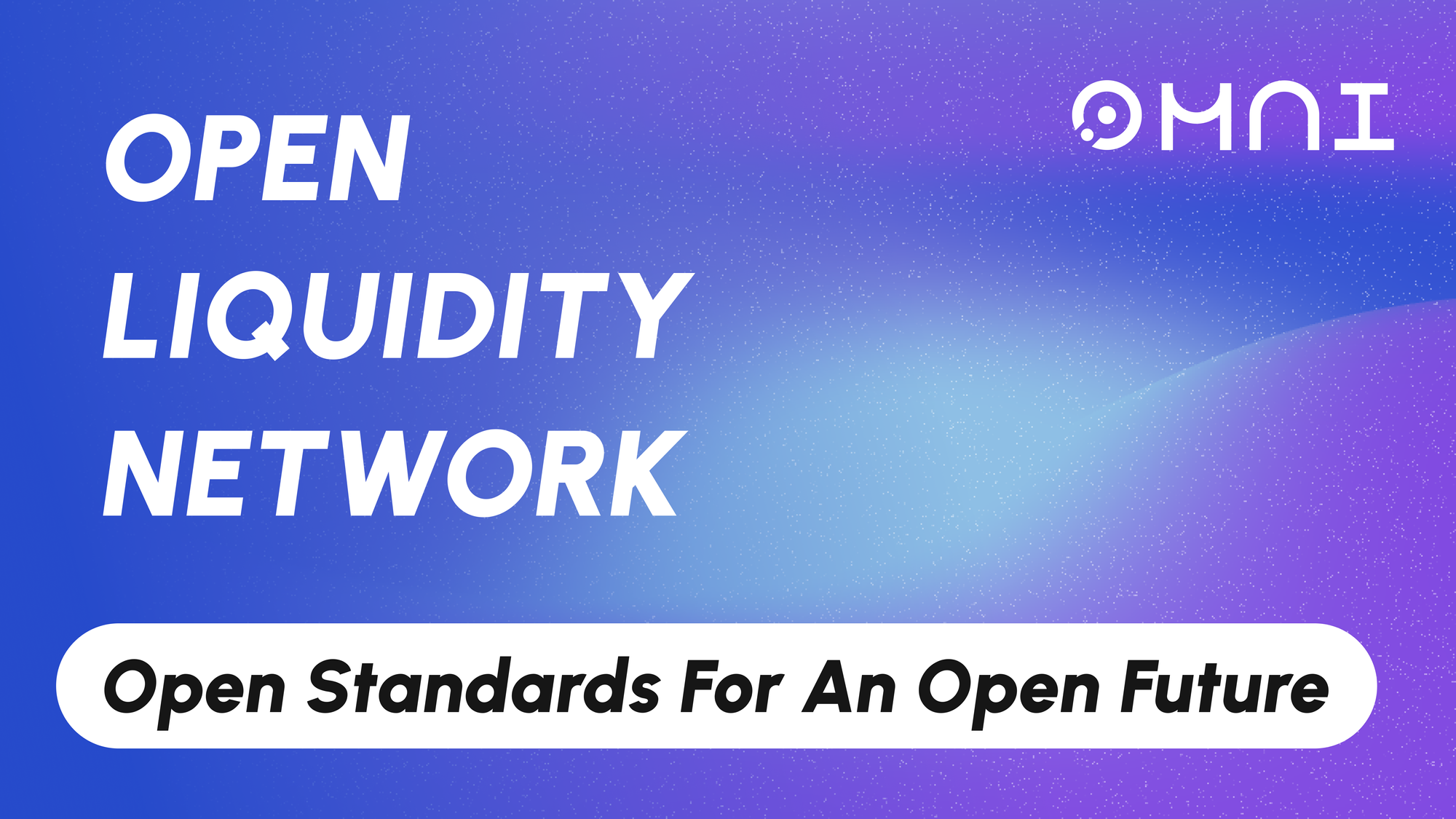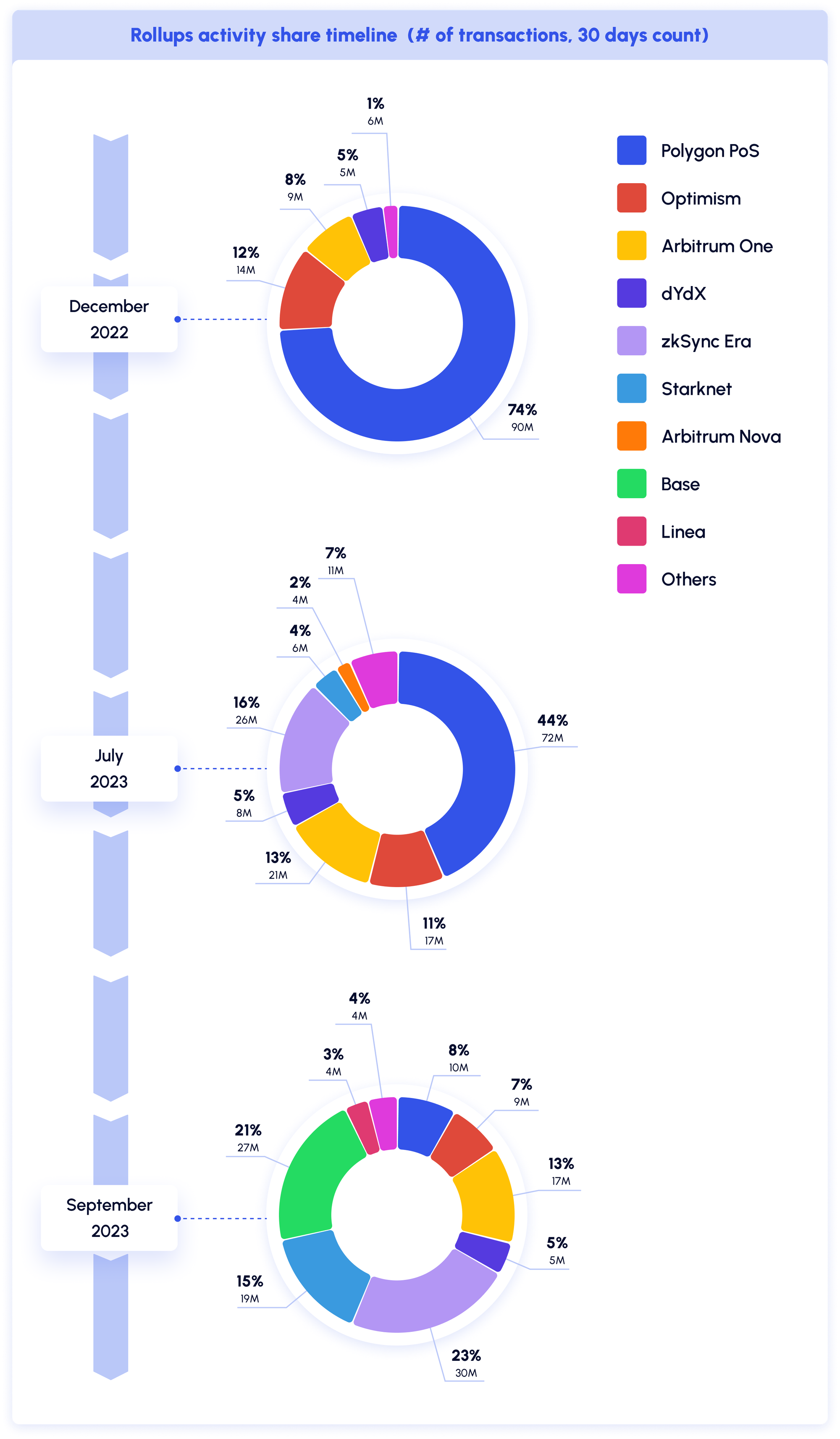Announcing the Open Liquidity Network

Today we are excited to announce the Open Liquidity Network.
This will unite Ethereum’s rollup ecosystem through utilizing a combined suite of open protocols that enshrine neutrality and provide sovereignty to all crypto users, app developers, and smart contract platforms.
Open Standards For An Open Future
In 2023 we demonstrated our ability to drive rapid growth — from onboarding over 400,000 users, to processing 7,500,000 transactions.
This year we are going to leverage our ability to drive growth of the Open Liquidity Network. This will serve all key stakeholders across the rollup ecosystem through establishing multiple open standards that serve each individually, and synergize collectively to create a unified Ethereum rollup ecosystem.
Token Issuers — crypto activity is moving off of L1 to rollups, but a majority of tokens are stuck without a safe and efficient mechanism to gain access to the liquidity, applications and users of rollups.
NFT Projects — similar to tokens, NFTs lack mobility. This keeps them constrained to one location, unable to take advantage of the innovations happening across all of the different rollups.
Developers — today, developers are forced to make a terrible tradeoff. They can give their users cheap gas fees by deploying on rollups, but then they can only access a small fraction of Ethereum's users. It doesn’t need to be this way.
End users — the UX of crypto today is bad. The UX of rollups is even worse. With the Open Liquidity Network we will introduce open standards that abstract away complexity for end users, lowering the friction to growing the entire market of crypto users.

Rollups are not only the future of Ethereum, they are the present. Rollups today consistently process more transactions than the base Ethereum L1 network. This has massively improved scalability, but at a severe cost.
Fragmentation Is Holding Us Back
As rollup adoption has accelerated, so has fragmentation. The global network effects of Ethereum are degrading, leaving users scattered and isolated across rollups. This harms developers, it harms end users, and it holds back Ethereum as a whole.

This is a problem, but it doesn’t have to be. It should not matter if users, capital and apps are spread across hundreds, if not thousands, of rollups. What Ethereum needs is a set of open standards that allow rollups to interoperate seamlessly.
What Comes Next
This year we will be collaborating across the industry to drive adoption of existing open standards, invent new ones and establish an open and interoperable future for all rollups. The fragmented and chaotic reality of rollups today will pass, and we will establish a thriving future for Ethereum. Concretely, in our upcoming testnet you will see us demonstrate our commitment to this future by developing tooling to accelerate the adoption of open standards by leading projects from across the industry.
About Omni
Omni is the restaking secured blockchain built to unite all rollups. By establish a low-latency, high-throughput messaging network, Omni empowers developers to expand their applications across all rollups, unifying Ethereum’s liquidity globally.
Omni is backed by $18M from prominent investors such as Pantera Capital, Two Sigma Ventures, and Jump Crypto.

